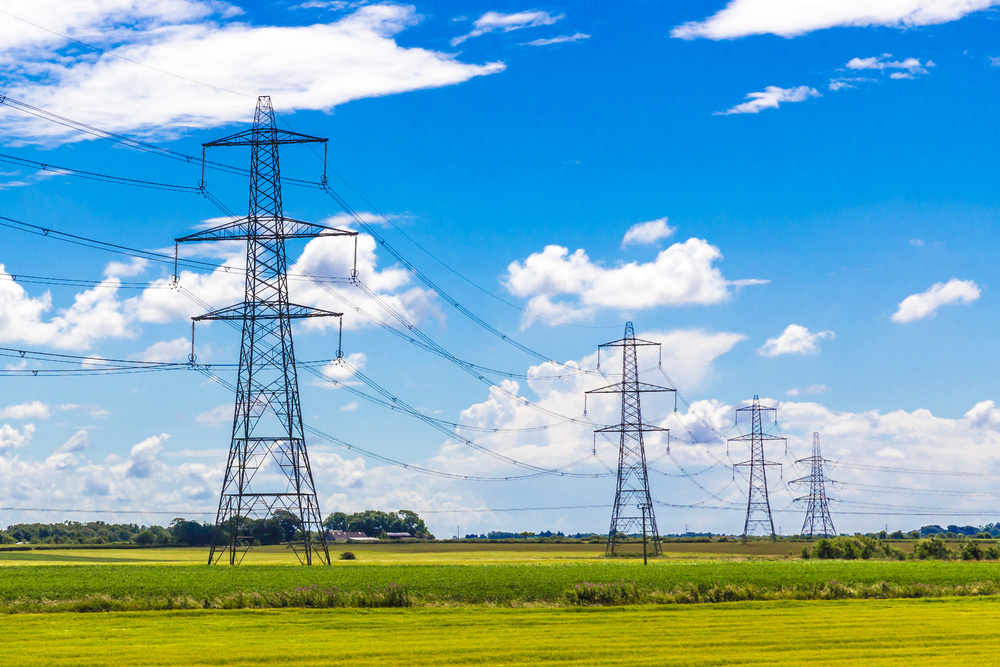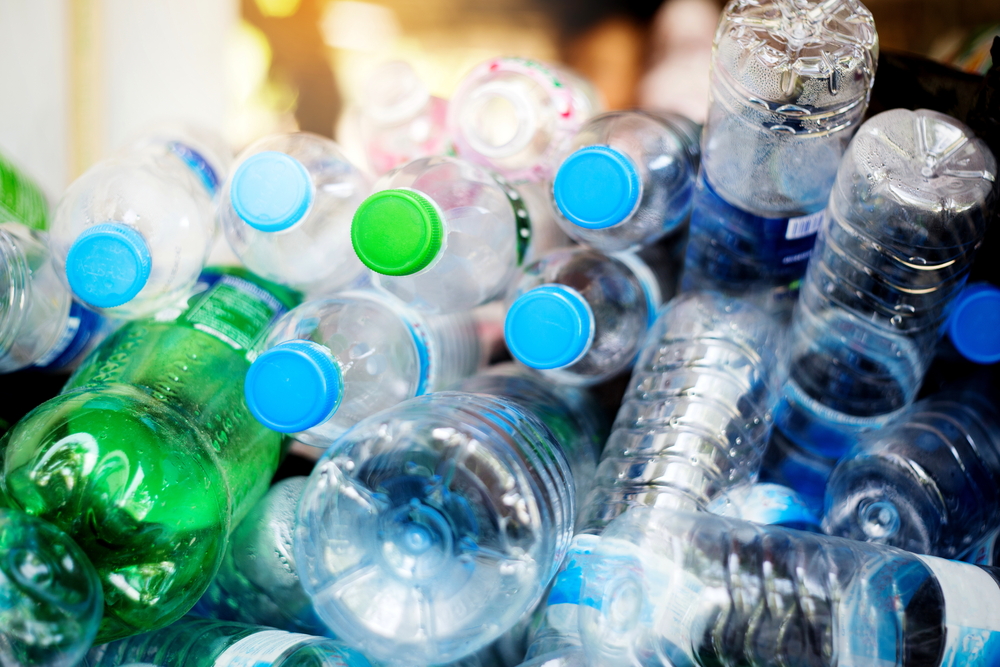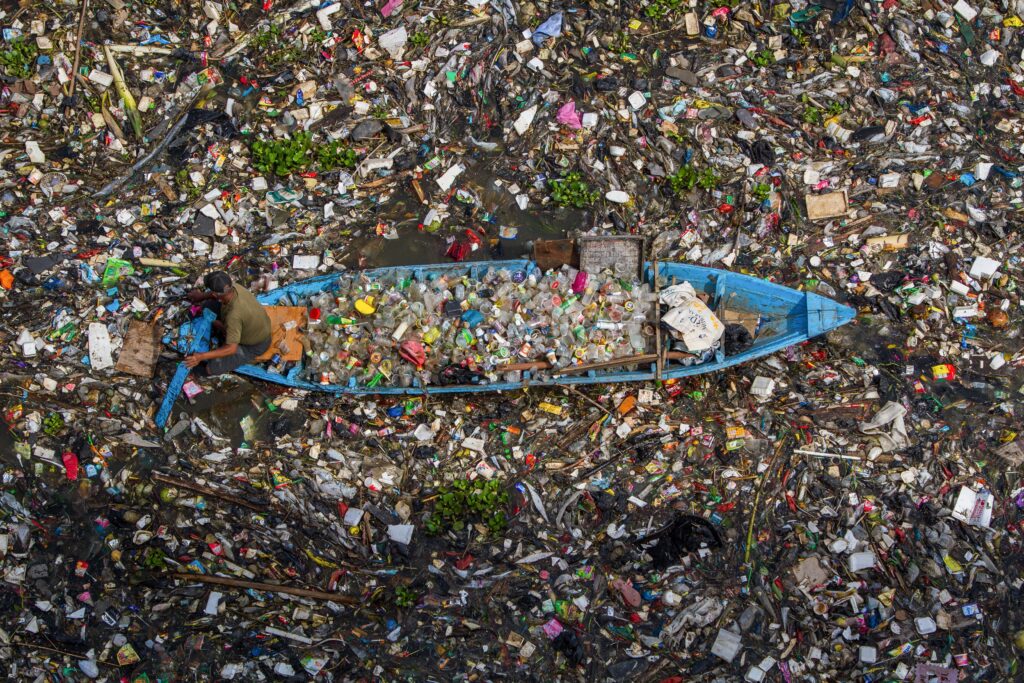Yesterday (21 December), the European Commission endorsed new guidelines on state aid for climate, environmental protection and energy which will be formally adopted in January 2022.
The transformation of the European Union’s economy in line with the European Green Deal is partially financed through levies on electricity consumption.
Under the guidelines, EU member states can grant reductions in levies for companies active in sectors which are “particularly exposed to international trade” and “rely heavily on electricity for their value creation”.
The recycling sector is not included. FEAD says “a proper level playing field” between manufacturing and recycling activities is “greatly needed” to avoid “competitive distortions deemed to be detrimental to recycling activities”.
FEAD is a Brussels-based trade association representing Europe’s private resource and waste management industry whose members in the UK include the Environmental Services Association.
With the UK having fully left the EU at the beginning of this year, any measures adopted by the European Commission have less bearing on domestic policy. However, any developments in Europe will be viewed with interest in case the UK chooses to match the policy in future.
‘Level playing field’
FEAD says the recycling sector represents an economic sector whose outcome is “particularly exposed” to international trade in global manufacturing markets.
Such a lack of level playing field between manufacturing and recycling activities worries me a lot
FEAD adds that the sector “relies heavily” on electricity for its value creation as far as some waste flows are concerned, such as plastics, metals, and waste electrical and electronic equipment (WEEE).
Peter Kurth, FEAD’s president, said: “Such a lack of level playing field between manufacturing and recycling activities, and lack of incentivisation for the incorporation of recyclates versus primary raw materials in more energy-intensive manufacturing processes, worries me a lot.
“The recycling sector needs pull measures, such as mandatory recycled contents in new products, but also push measures, aiming at incentivising – or at least not penalising – the offer of recyclates.”
Aid for energy generation
Meanwhile, FEAD says it “particularly supports” the inclusion of aid for energy generation from waste, which forms part of the new guidelines.
However, FEAD believes the aid should also cover residual, non-recyclable waste under application of the ‘R1 formula’ and not be limited to waste that falls under the definition of renewable energy sources.
The R1 formula is set out in the EU Waste Framework Directive and is a performance indicator for the level of energy recovered from waste. It is based on factors including the energy produced by a plant and the energy contained in the waste.









Subscribe for free